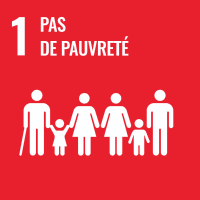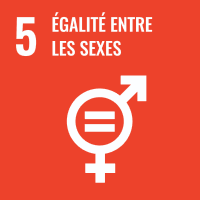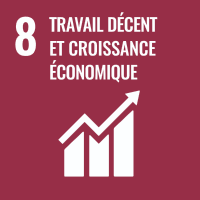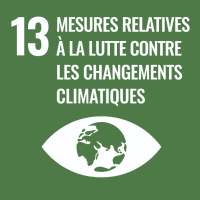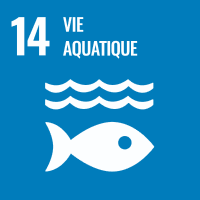Baixo Rio Jamari - Brazil
Co-developed by Reforest'Action and the NGO Rioterra in the Brazilian state of Rondônia, the ReforesTerra project was validated according to VCS and CCB standards in November 2023, and falls into the ARR (Afforestation, Reforestation & Revegetation) project category.
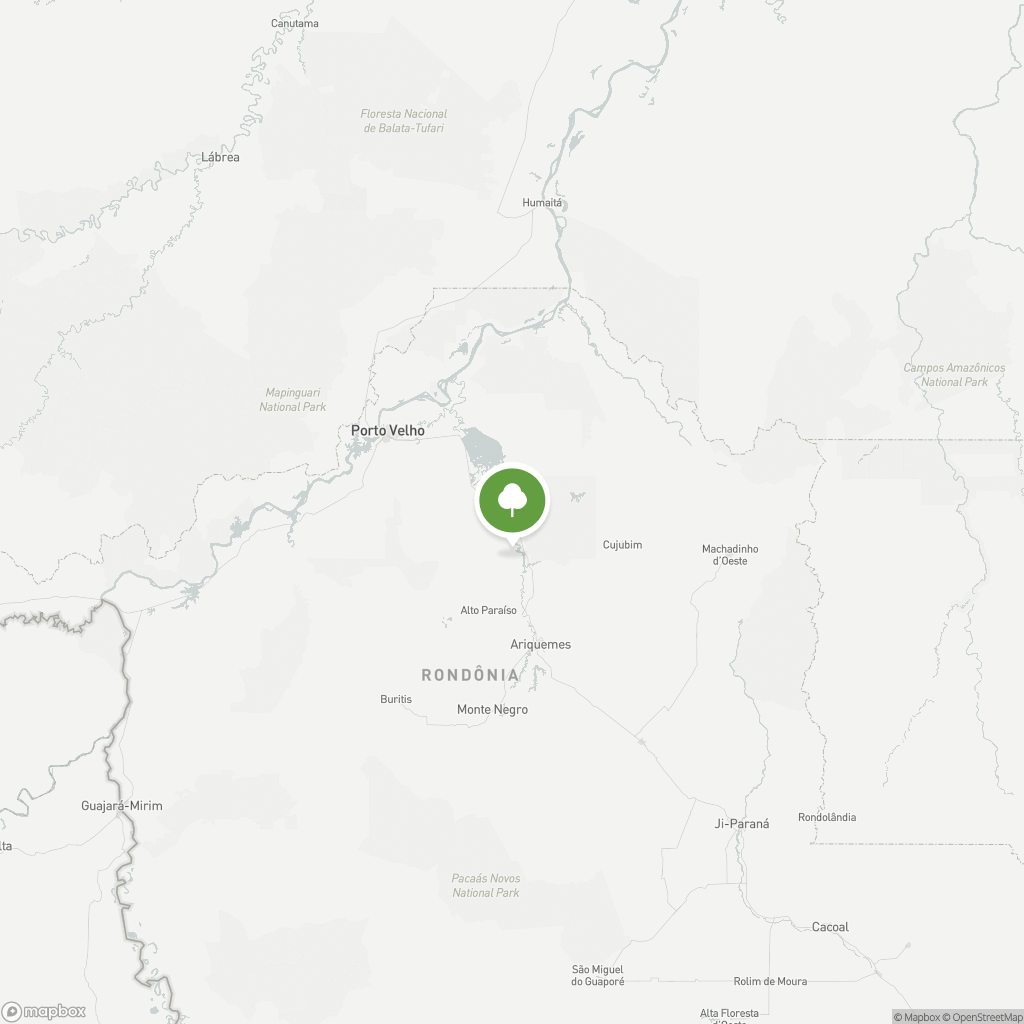





The ReforesTerra project is located in the Brazilian state of Rondônia, in the southern region of the Amazon rainforest. In Brazil, deforestation is a major factor in the loss of tropical forests. Since 1970, the government has been implementing a large-scale policy of agricultural colonization: forest ecosystems began to retreat in favor of soybean crops and pastures. The 21st century marked the development of agribusiness in the Amazon and the beginning of industrialized agricultural production. As a result, landscapes and socio-cultural dynamics in the state of Rondônia have been radically transformed, giving rise to a variety of territorial conflicts.
The project lies in the heart of the Baixo Rio Jamari watershed, a remarkable water basin draining almost 30,000 km² and characterized by a high level of biodiversity. The dense, open rainforests are home to an impressive array of native flora and fauna, including over 120 species of mammals, 450 species of birds and 70 species of frogs.
The project area comprises seven municipalities with a total population of almost 220,000 inhabitants, a figure that has almost doubled in the last twenty years. Cattle-breeding is the main source of income for almost half the population, and the livelihoods of local communities depend to a large extent on this agriculral activity. However, current pastures are mostly degraded and unproductive, and the region suffers from a lack of employment opportunities.

Restoring the natural ecosystem and biodiversity. The project's main focus is to restore the area's forest cover and biodiversity by planting over 90 native tree species from a local nursery. Starting at the end of 2022, planting activities will take place from November to March, during the rainy season, every year for 3 years.
Mobilizing local farmers over the long term. The ReforesTerra project relies on the commitment of local farmers. A contract is signed between volunteer landowners and our field implementer, Rioterra. Registered farmers commit to properly maintaining the planted trees and to preventing unforeseen events. Under this condition, and in return for mobilizing part of their land, they will receive a "Payment for Ecosystem Services" (PES) every year for 26 years, to reward their contribution to the restoration of forest ecosystems. In all, 600 landowners will be supported in reforesting their land, and some 50 local residents will be employed as part of the project. Communities will also benefit from additional tree products, such as fruit, and will receive training in reforestation and tree maintenance techniques.
Contributing to global carbon neutrality. The planting of a rich panel of native tree species aims to increase the forest's capacity to store carbon, not only in the trees themselves, but also in the shrubs and forest soil. The average carbon sequestration target is 367 tCO2eper hectare over a total period of 30 years.
Improving the quantity and quality of available water. The depletion of water resources and their usability represent a growing challenge for farmers established in the watershed area. As a major co-benefit of the ReforesTerra project, some 2,100 people should benefit from improved water quality and/or better access to drinking water thanks to the restoration of forest cover.
Brazilian Forestry Code
In order to protect biodiversity and reduce land-use conflicts within indigenous reserves, the Brazilian government has imposed mandatory conservation zones on every farm. Defined by the Brazilian Forestry Code, these areas comprise the Legal Reserves (LR) and the Permanent Preservation Areas (PPA). Although this law is still in force, it is in fact hardly respected due to a lack of resources and conviction among small-scale farmers. However, in the face of repressive measures, such as the ban on obtaining bank credit, the need to protect the forests on their land is becoming increasingly obvious to communities. By giving them the means to restore their forests, the ReforesTerra project enables farmers to comply with Brazilian regulations.
Project governance
To deploy the project on Brazilian soil, Reforest'Action has created an SPV (Special Purpose Vehicle). This structure, incorporated under Brazilian law, is called REFORESTERRA - Restauração de Ecossistemas Florestais Ltda. Through this vehicle, Reforest'Action has teamed up with Rioterra, a Brazilian study center working towards a development model in the Amazon region that combines nature conservation and sustainability with the improvement of local populations' quality of life. As co-developer, Rioterra is responsible for implementing the project in the field and ensuring the link with local farmers.
The project received early funding from two investment funds, including the Amazon Biodiversity Fund (ABF), advised by Impact Earth. Both Rioterra and the project's funders are members of REFORESTERRA Ltda's governance and take part in decision-making concerning the SPV.
